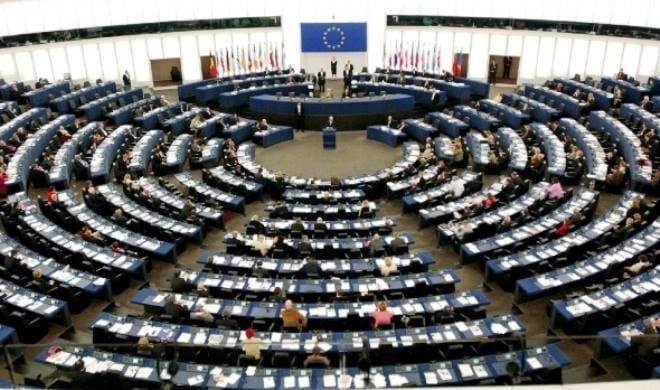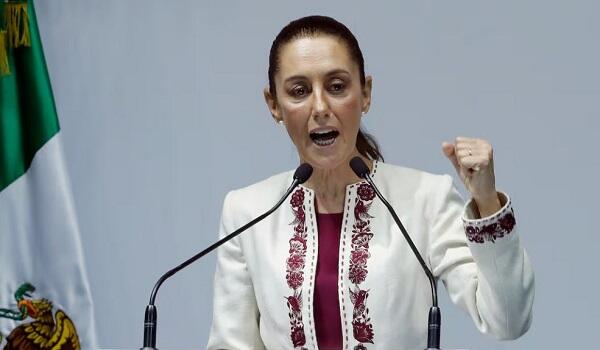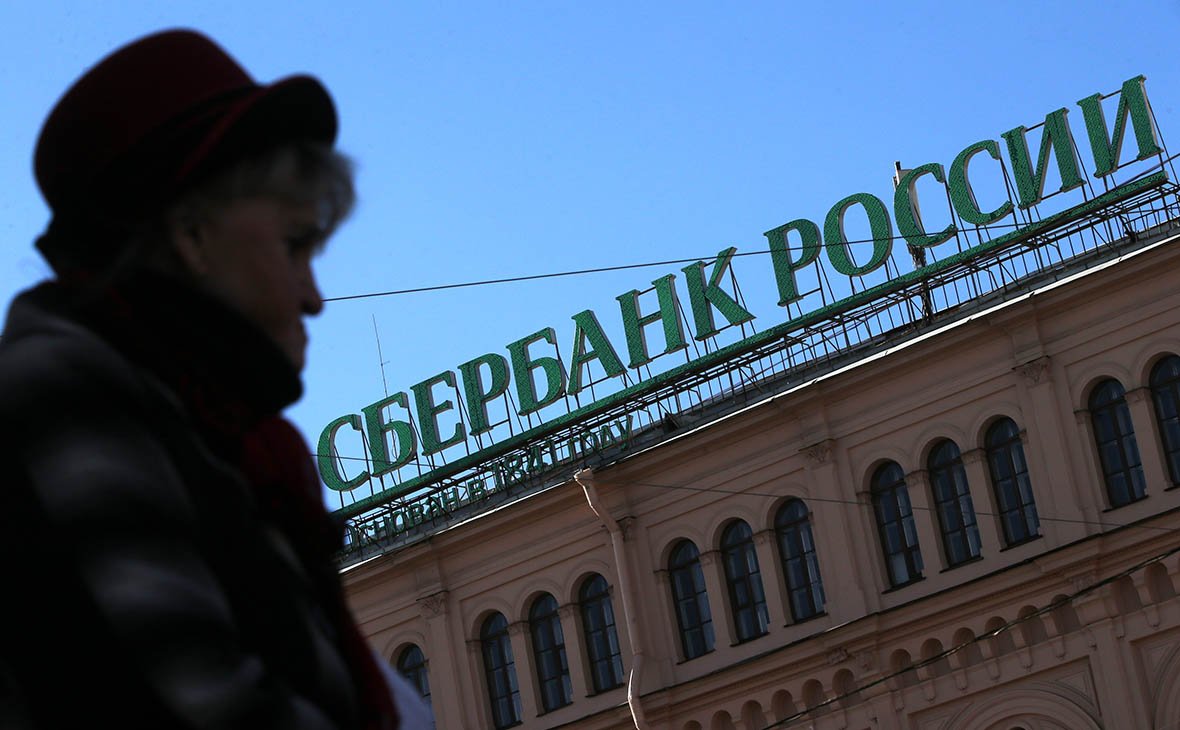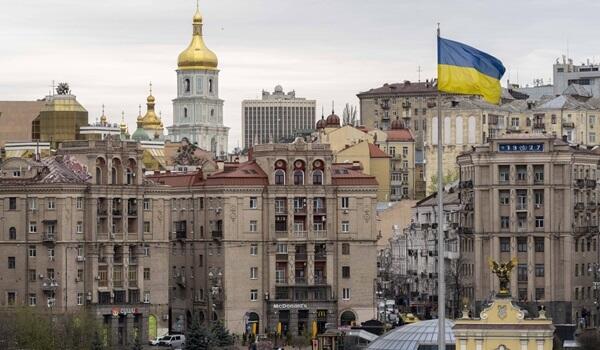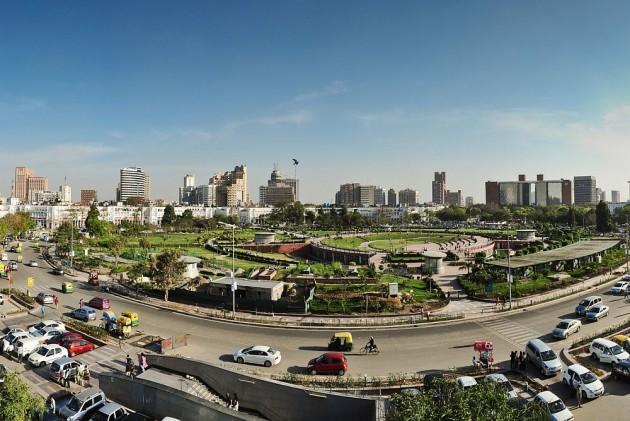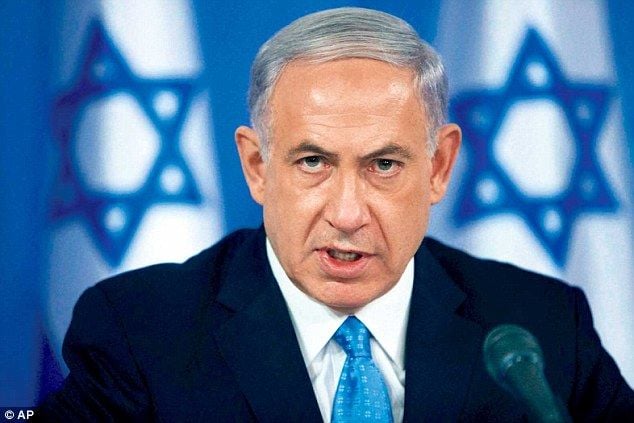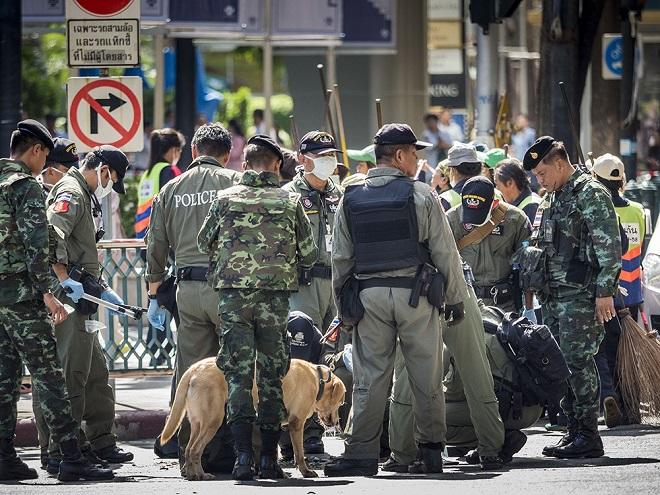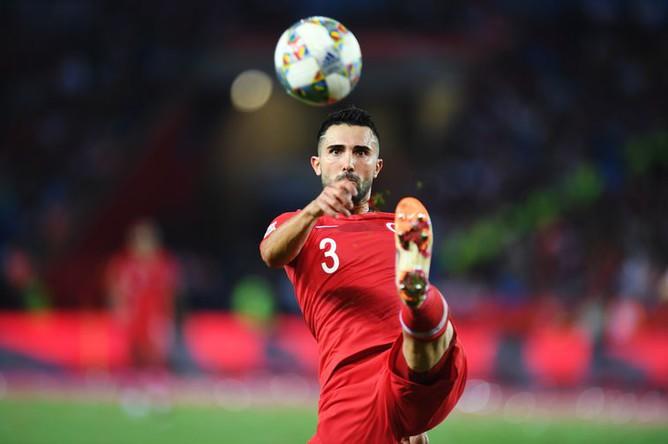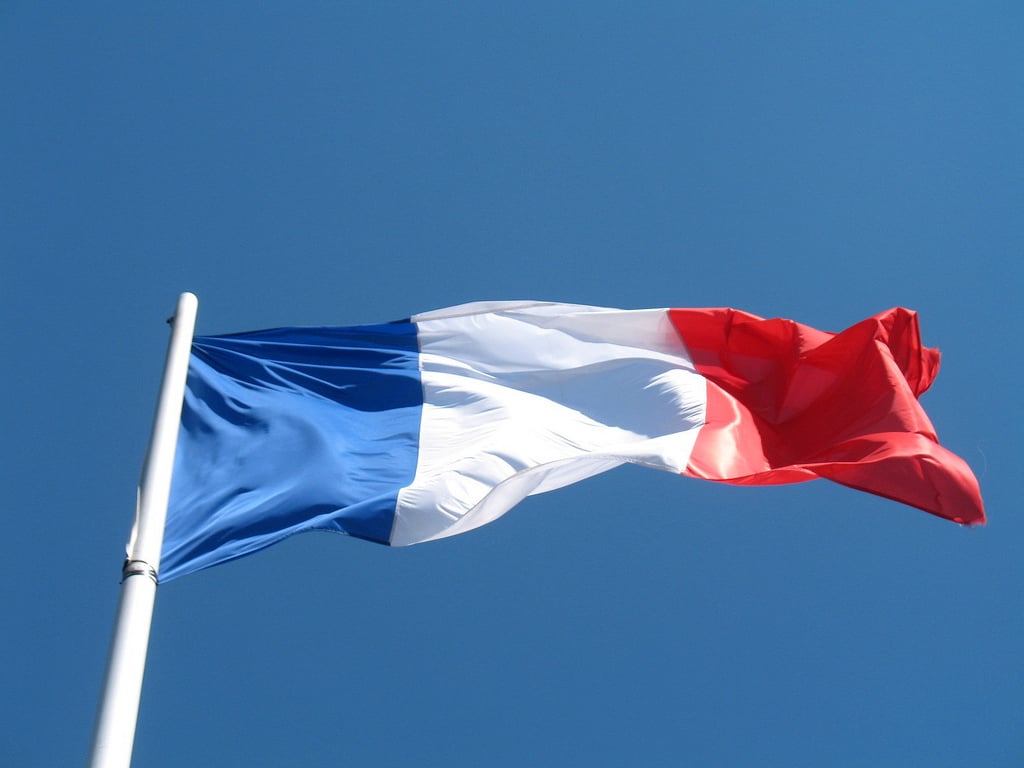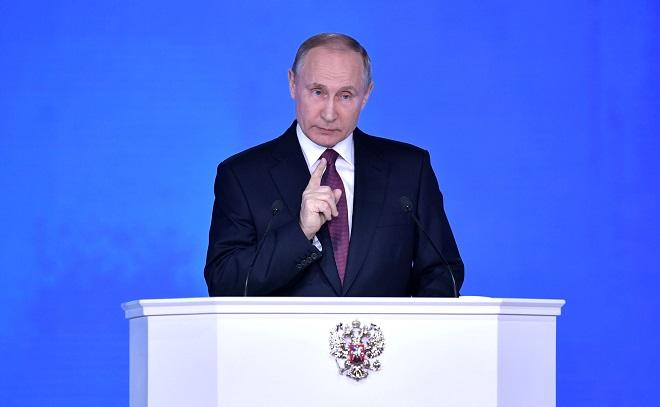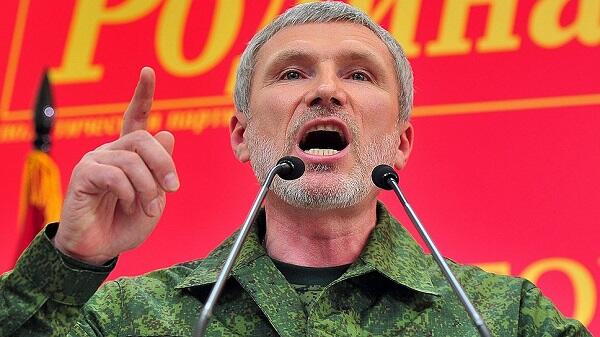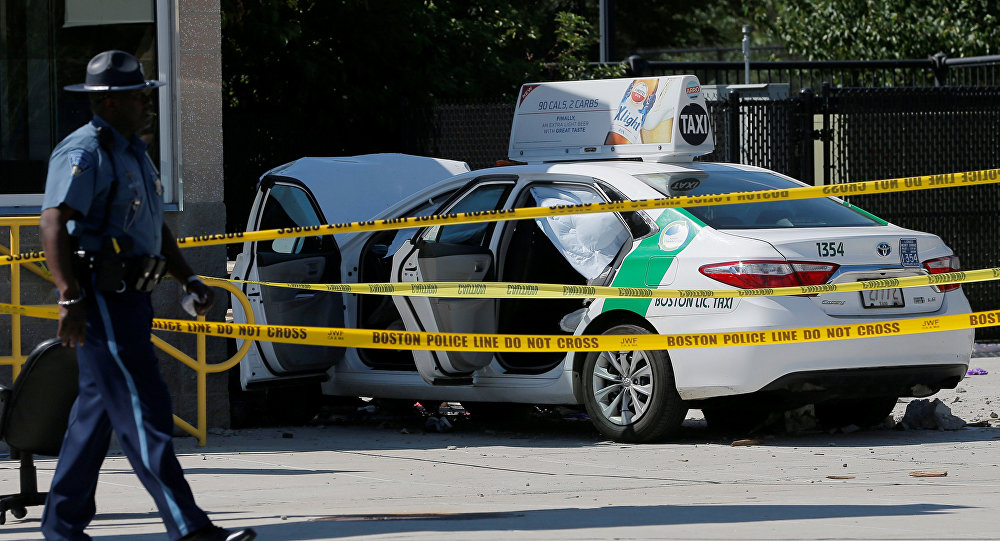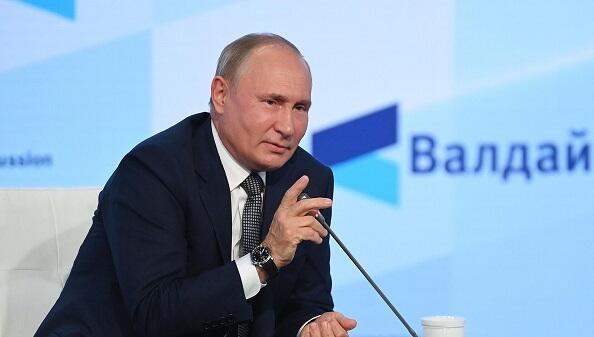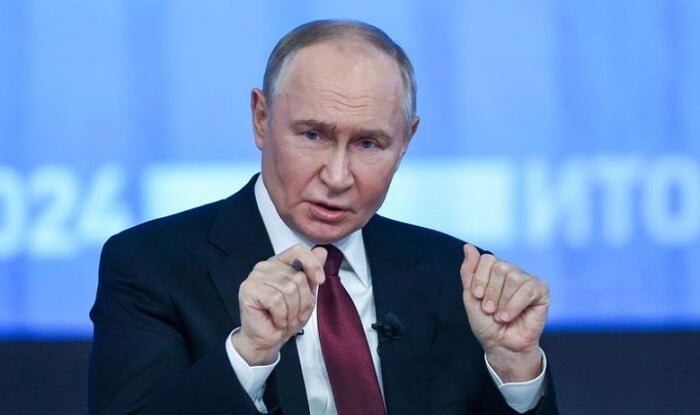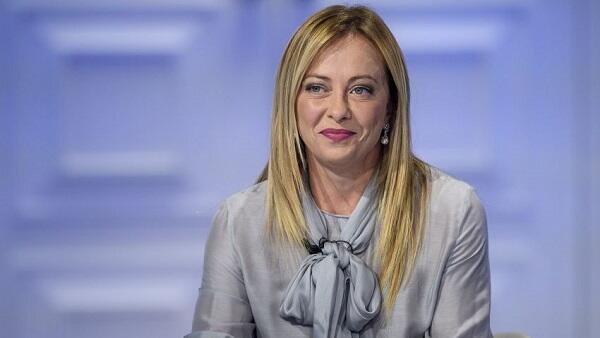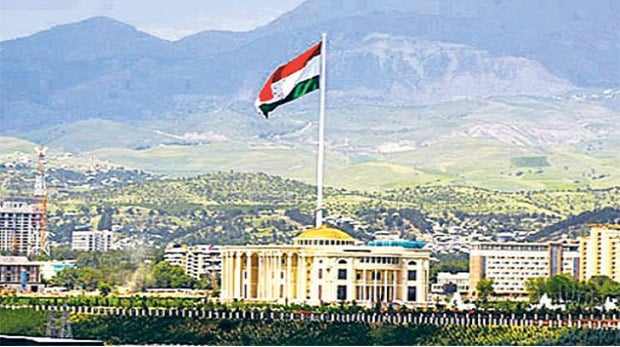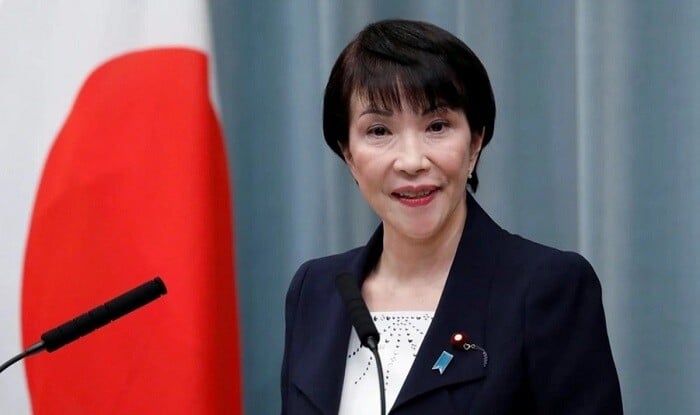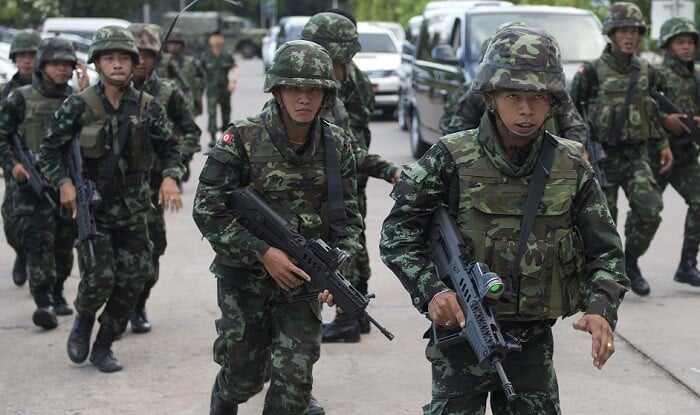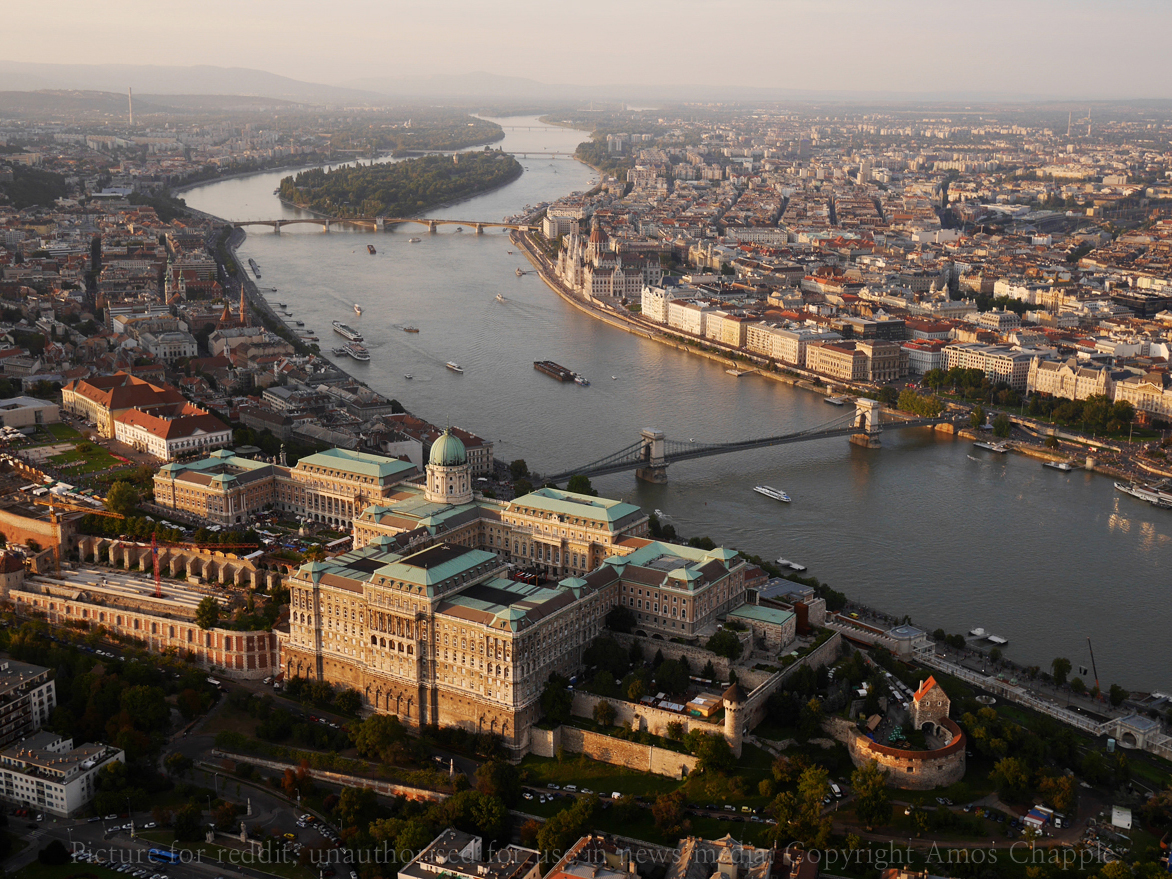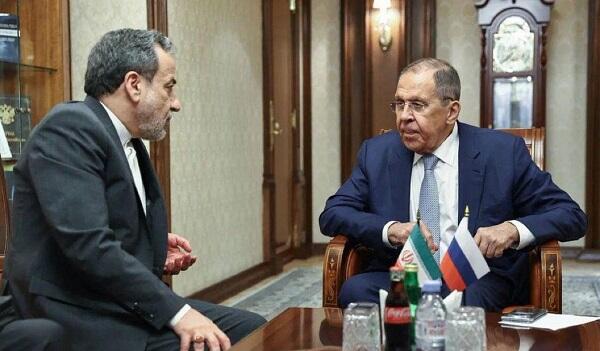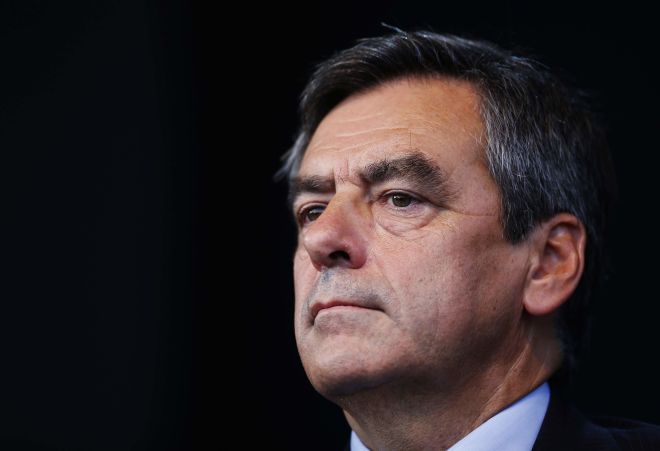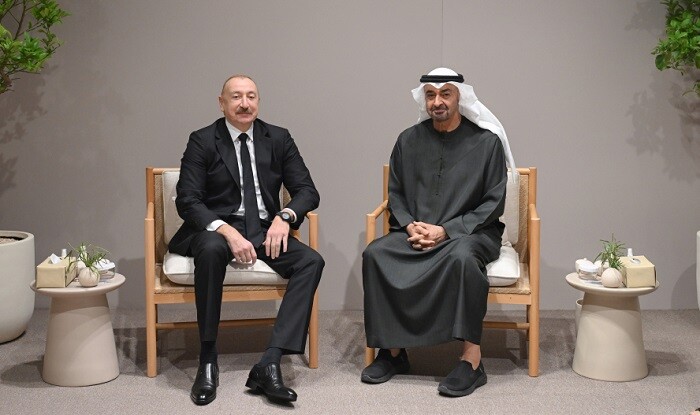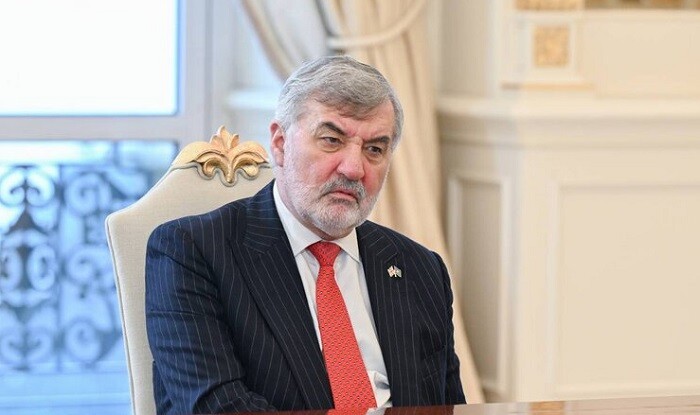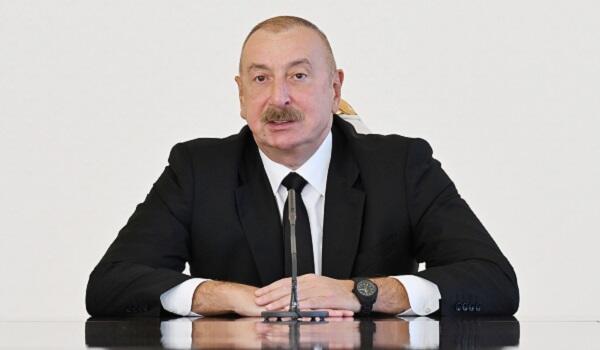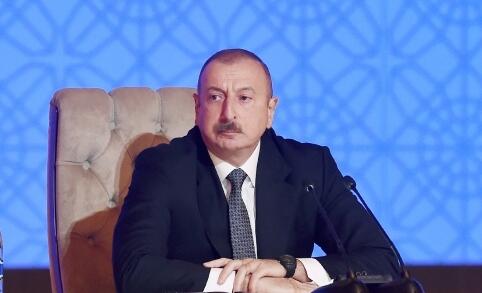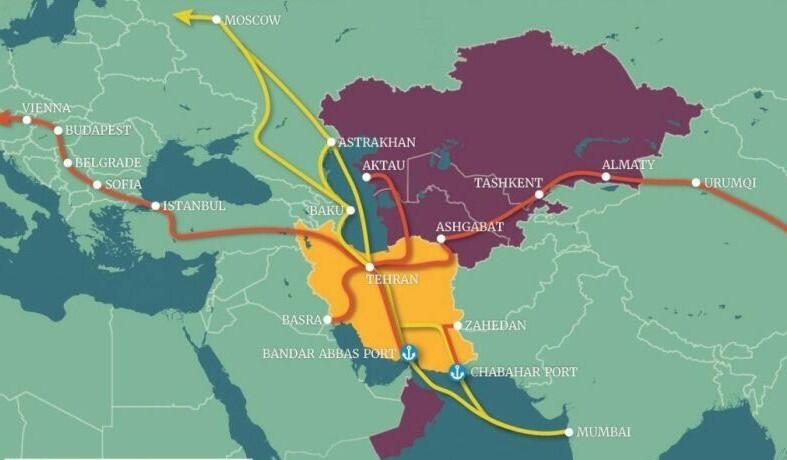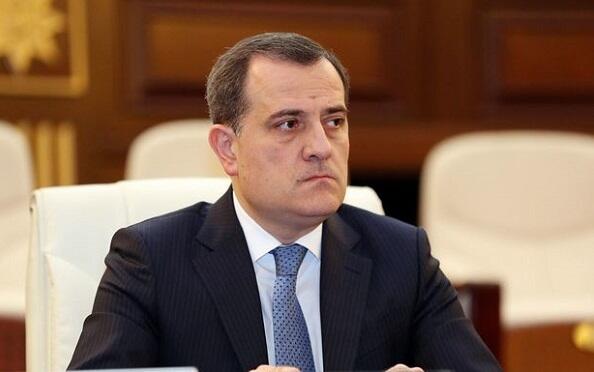They call him the French Margaret Thatcher, a staunch free-market advocate in a dogged crusade against economic stagnation.
But François Fillon — the surprise victor in the first round of France’s center-right presidential primaries — is more than an economic conservative. When voters defied all poll predictions by picking Fillon over the other six contenders on the ballot, they backed a veteran politician and former prime minister with a strong social ideology that fits well in 2016’s global shift to the right.
Like Donald Trump, Fillon has made no secret of his fondness for Vladimir Putin’s Russia, arguing in favor of a Western coalition with Russia to fight the Islamic State. Also like Trump, a central component of his campaign has been antagonism to Muslims, France’s largest minority group. And like Marine Le Pen, the leader of the National Front, France’s own far-right populist party, Fillon appeals to those nostalgic for a white, Catholic France that they remember as devoid of immigrants and sexual minorities. In the early 1980s, he opposed decriminalizing homosexuality, and he has fought same-sex equality ever since. Fillon cultivates the image of a conservative French Catholic. Married with five children, he lives in a 12th-century chateau 150 miles outside Paris.
Although the former prime minister will face off next week against Alain Juppé, a centrist popular with the left, Fillon is now likely to be the conservative nominee and possibly France’s next president. In the general election next spring, he will go up against Le Pen, who has been steadily rising in the polls and whom many now fear Fillon may not be able to defeat come April. With a pitifully weak French left, some say the National Front will win in 2017 even if Le Pen fails at the ballot box: A Fillon victory, they insist, would represent the party’s fringe ideology becoming the political mainstream.
Each of the main contenders in this year’s primary race published books in the course of the campaign, an exercise typically meant to burnish candidates’ reputations and to convey the general outlines of their platforms. While the titles of Sarkozy’s and Juppé’s books were predictably general and vague, Fillon’s title was direct and specific: ‘‘Vanquishing Islamic Totalitarianism.’’
‘‘There is not a religious problem in France,’’ Fillon told the Figaro newspaper in September, promoting the book. ‘‘There is a problem linked to Islam.’’
‘‘He is the most dangerous candidate among the Republicans,’’ Muhammad said of Fillon, weighing him against the other candidates vying for the nomination of France’s main center-right party. ‘‘Sarkozy says these things for show, but François Fillon actually thinks of them as a political program.’’
When Sarkozy was president, Fillon was prime minister. And it is Fillon that many Muslims remember as the principal driver of legislation banning the full veil and against Muslim mothers wearing headscarves to their children’s schools, said Marwan Muhammad, the head of the Collective Against Islamophobia in France.
Worse for French Muslims, Muhammad said, is what Fillon’s surprising preliminary victory tells them about their fellow citizens’ apparent indifference to a growing Islamophobia across the political spectrum.
‘‘There is one big element of unconsented racism here, I would say,’’ he said. ‘‘People will explain their choice as merely conservative — for the economically tough candidate — but it’s not like that. Basically they vote in favor of the bigotry in Fillon’s speech, but they would not admit it, because he looks reasonable, he sounds reasonable.’’


